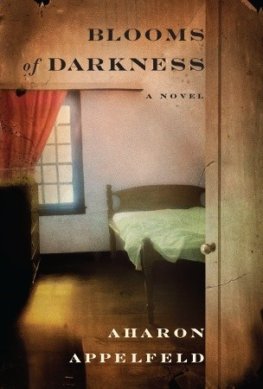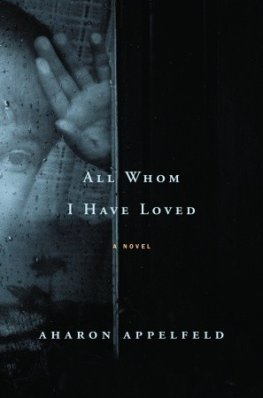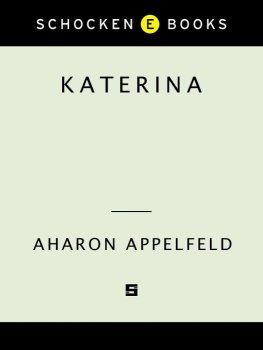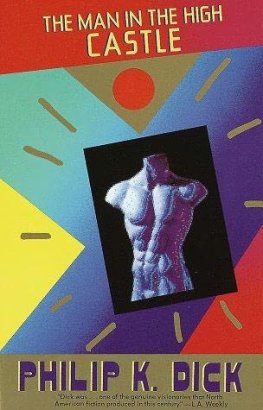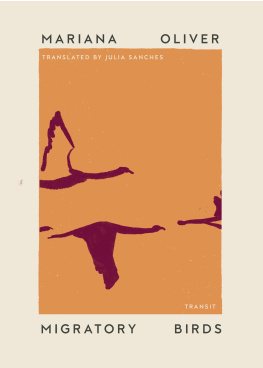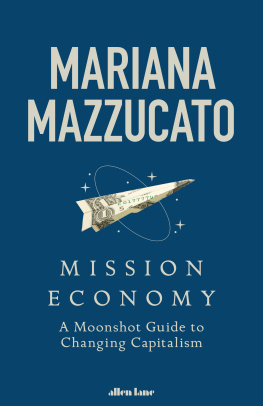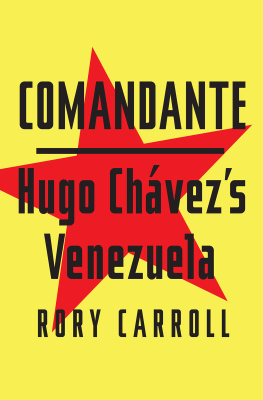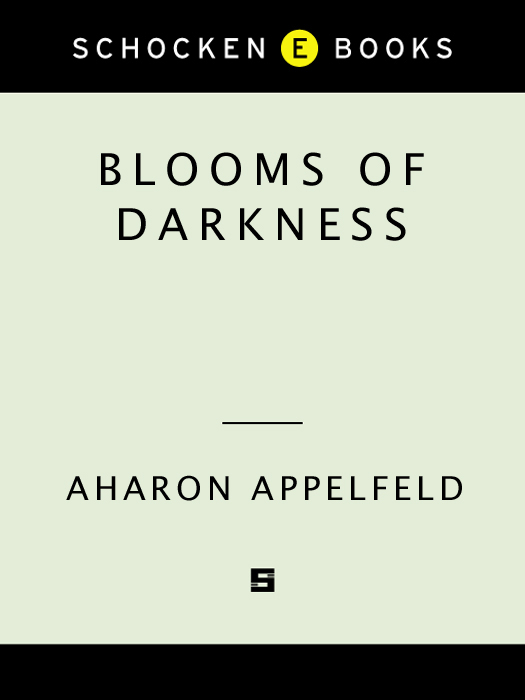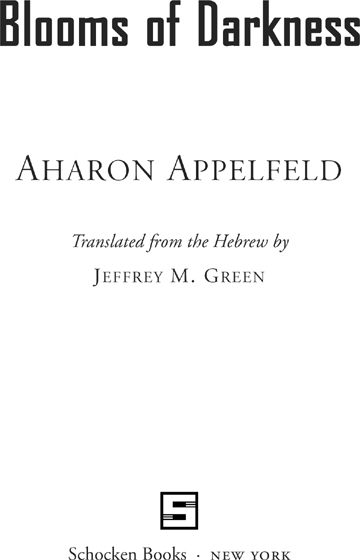ALSO BY AHARON APPELFELD
Badenheim 1939
The Age of Wonders
Tzili
The Retreat
To the Land of the Cattails
The Immortal Bartfuss
For Every Sin
The Healer
Katerina
Unto the Soul
Beyond Despair: Three Lectures and a Conversation with Philip Roth
The Iron Tracks
The Conversion
The Story of a Life
A Table for One
All Whom I Have Loved
Laish
In memory of Gila Ramraz Rauch
1
Tomorrow Hugo will be eleven, and Anna and Otto will come for his birthday. Most of Hugos friends have already been sent to distant villages, and the few remaining will be sent soon. The tension in the ghetto is great, but no one cries. The children secretly guess what is in store for them. The parents control their feelings so as not to sow fear, but the doors and windows know no restraint. They slam by themselves or are shoved with nervous movements. Winds whip through every alley.
A few days ago Hugo was about to be sent to the mountains, too, but the peasant who was supposed to take him never came. Meanwhile, his birthday approached, and his mother decided to have a party so Hugo would remember the house and his parents. Who knows what awaits us? Who knows when we will see one another again? That was the thought that passed through his mothers mind.
To please Hugo, his mother bought three books by Jules Verne and a volume by Karl May from friends already marked for deportation. If he went to the mountains, he would take this new present with him. His mother intended to add the dominoes and the chess set, and the book she read to him every night before he went to sleep.
Again Hugo promises that he will read in the mountains and do arithmetic problems, and at night he will write letters to his mother. His mother holds back her tears and tries to talk in her ordinary voice.
Along with Annas and Ottos parents, the parents of other children, who had already been sent to the mountains, are invited to the birthday party. One of the parents brings an accordion.
Everybody makes an effort to hide the anxieties and the fears and to pretend that life is going on as usual. Otto brought a valuable present with him: a fountain pen decorated with mother-of-pearl. Anna brought a chocolate bar and a package of halvah. The candies make the children happy and for a moment sweeten the parents grief. But the accordion fails to raise their spirits. The accordion player goes to great lengths to cheer them up, but the sounds he produces only make the sadness heavier.
Still, everybody tries not to talk about the Actions, or about the labor brigades that were sent to unknown destinations, or about the orphanage or the old age home, whose inmates had been deported with no warning, and of course not about Hugos father, who had been snatched up a month before. Since then there has been no trace of him.
After everyone has left, Hugo asks, Mama, when will I go to the mountains, too?
I dont know. Im checking all the possibilities.
Hugo doesnt understand the meaning of Im checking all the possibilities. He imagines his life without his mother as a life of attention and great obedience. His mother repeats, You mustnt act spoiled. You have to do everything they ask of you. Mama will do her best to come and visit you, but it doesnt depend on her. Everybody is sent somewhere else. Anyway, dont expect me too much. If I can ever come, I will.
Will Papa come, too?
His mothers heart tightens for a moment, and she says, We havent heard from Papa since he was taken to the labor camp.
Where is he?
God knows.
Hugo has noticed that since the Actions his mother often says, God knows, one of her expressions of despair. Since the Actions, life has been a prolonged secret. His mother tries to explain and to soothe him, but what he sees keeps telling him that there is some dreadful secret.
Where do they take the people?
To labor.
And when will they come back?
He has noticed. His mother doesnt answer all his questions the way she used to. There are questions she simply ignores. Hugo has learned meanwhile not to ask, to listen instead to the silence between the words. But the child in him, who just a few months ago went to school and did homework, cant control itself, and he asks, When will the people come back home?
Most days Hugo sits on the floor and plays dominoes or chess with himself. Sometimes Anna comes. Anna is six months younger than Hugo, but a little taller. She wears glasses, reads a lot, and is an excellent pianist. Hugo wants to impress her but doesnt know how. His mother has taught him a little French, but even at that Anna is better than he. Complete sentences in French come out of her mouth, and Hugo has the impression that Anna can learn whatever she wants, and quickly. Unable to think of an alternative, he takes a jump rope out of a drawer and starts skipping rope. He is better at hopping than Anna. Anna tries very hard, but her ability at that game is limited.
Did your parents find a peasant for you already? Hugo asks cautiously.
Not yet. The peasant who promised to come and take me didnt show up.
My peasant didnt show up, either.
I guess well be sent away with the adults.
It doesnt matter, says Hugo, bowing his head like a grown-up.
Every night Hugos mother makes sure to read him a chapter from a book. Over the past few weeks, she has been reading him stories from the Bible. Hugo was sure that only religious people read the Bible, but, surprisingly, his mother reads it, and he sees the images very clearly. Abraham seems tall to him, like the owner of the pastry shop on the corner. The owner liked children, and every time a child happened into his shop, a surprise gift awaited him.
After his mother read to him about the binding of Isaac, Hugo wondered, Is that a story or a fable?
Its a story, his mother answered cautiously.
Hugo was very glad that Isaac was rescued, but he was sorry for the ram that was sacrificed in his place.
Why doesnt the story tell any more? asked Hugo.
Try to imagine, his mother advised him.
That advice turned out to work. Hugo closed his eyes and immediately saw the high, green Carpathian Mountains. Abraham was very tall, and he and his little son Isaac walked slowly, the ram trailing behind them, its head down, as if it knew its fate.
2
The next night a peasant came and took Anna away with him. Hugo heard about it in the morning, and his heart tightened. Most of his friends were already in the mountains, and he remained behind. His mother kept telling him that a place would soon be found for him. Sometimes it seemed to him that children were no longer wanted, and that was why they were sent away.
Mama, why are they sending the children to the mountains? He cant stop his tongue.
The ghetto is dangerous, dont you see? She is curt.
Hugo knows that the ghetto is dangerous. Not a day goes by without arrests and deportations. The road to the railway is crammed with people. They are burdened with heavy packs, so heavy that they can hardly move. Soldiers and gendarmes brandish their whips over the deportees. The miserable people are shoved and collapse. Hugo knows now that his question, Why are they sending the children to the mountains? was foolish, and he is sorry he hadnt been able to restrain himself.
Every day his mother equips him with short instructions. She repeats one directive: You must look around you, listen, and not ask. Strangers dont like it when you ask them questions. Hugo knows his mother is preparing him for life without her. He has had the feeling that over the past few days she has for some reason been trying to keep him at a distance. Sometimes her strength fails her, and she weeps and moans.


